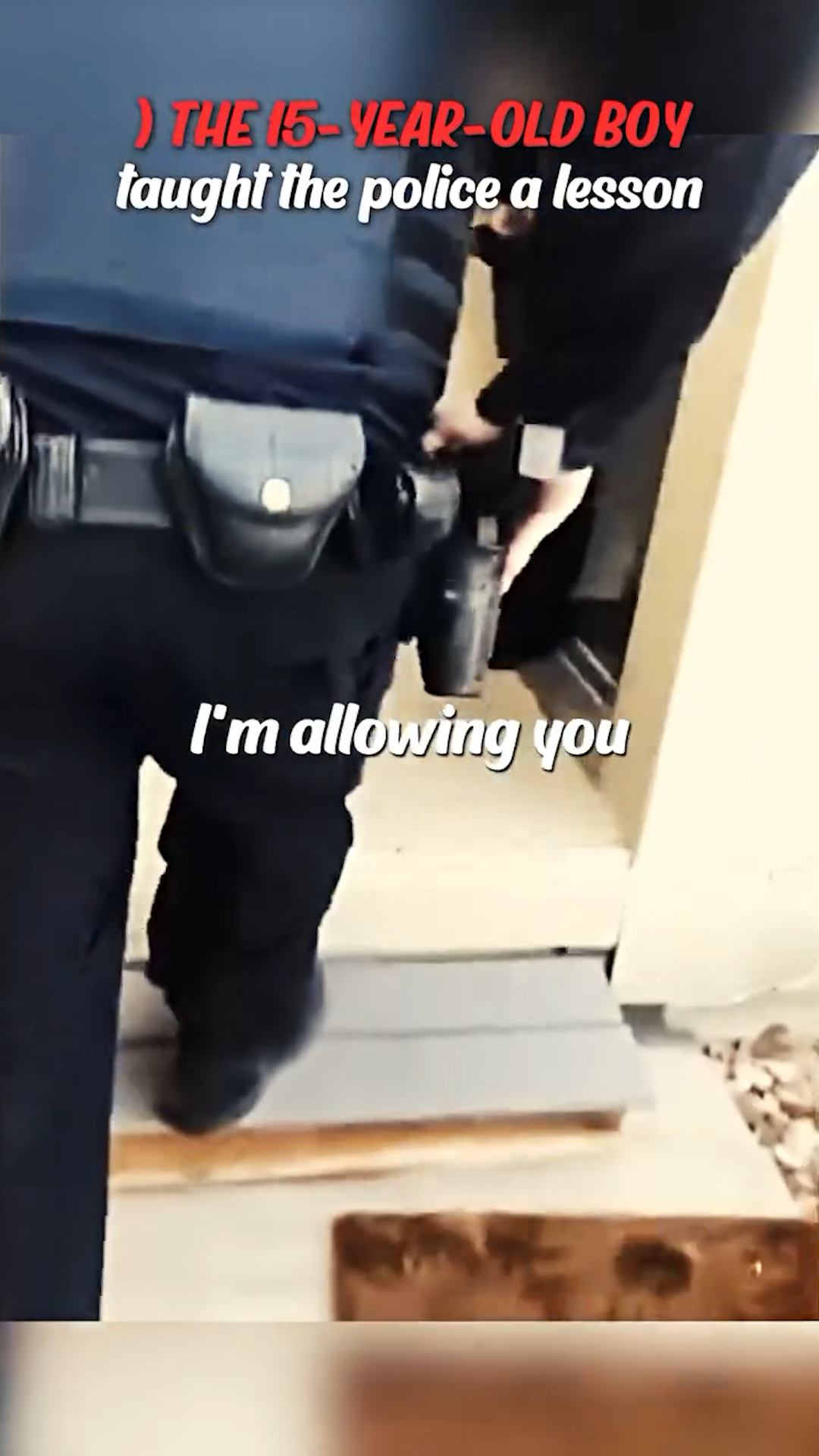
A routine patrol turned into a heated standoff when officers confronted a 15‑year‑old about riding a gas‑powered bicycle through a neighborhood. Bodycam audio shows the teen furious and defensive from the start, accusing officers of intruding on private property: “You can’t walk in my house,” he snaps, insisting he was standing next to his car and only on a 50cc bike for which he claimed to have a permit. What might have been a short conversation about vehicle rules instead escalated into shouting, accusations and threats.
Officers told the teen they were treating the call seriously because there was a report someone might have had a gun. The teen emphatically denied any weapon was involved and bristled at the officers’ presence, repeating that the bike was legal and warning them not to approach: “If you try and come past me, you’re going to go on the ground face first.” Witnesses and neighbors were referenced during the exchange, with the teen arguing the officers had no real evidence and accusing them of entering his home without cause.
This incident highlights how quickly misunderstandings about vehicle classifications, juvenile rights, and safety concerns can spiral. Law enforcement must balance investigating potential threats with respecting property and constitutional rights — especially when minors are involved. For their part, teens often lack a full grasp of legal distinctions (permit vs. license, motorized bike classifications), which can inflame encounters. De‑escalation strategies, clear explanation of legal grounds, and calmly documenting witness statements could have reduced tensions here. The family’s anger about perceived intrusion and the teen’s aggressive posture both complicate the public‑safety response, leaving the community to debate whether the officers acted appropriately or whether the stop should have been handled differently.




